An interview wit’ former WBAI programmer Don Debar
by The People’s Minister of Information JR

The Pacifica radio network, founded along with KPFA in Berkeley in 1949 by Lew Hill, a formerly imprisoned anti-war activist, grew to comprise five stations nationwide, adding KPFK in Los Angeles, WBAI in New York, KPFT in Houston and WPFW in Washington, D.C. Together they reach a potential audience of 45 million people. Pacifica invented public radio; since the beginning, Pacifica stations have been sponsored by listeners, with no corporate sponsorship or underwriting and thus no censorship.
But the network faces many dire issues that its listeners need to know and that WBAI programmer Don Debar can knowledgeably talk about. Check out what Pacifica has not been telling its listener supporters …
M.O.I. JR: What is the history of WBAI? How did you get started with WBAI? When?
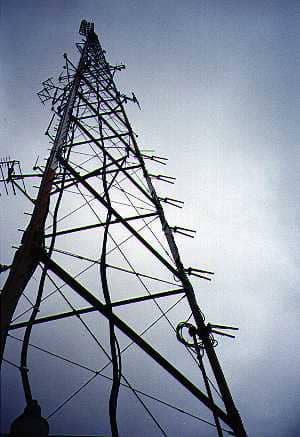
As I became active in various struggles in my community, I began to have contact with a number of producers at BAI, particularly Errol Maitland, Sharan Harper and Bernard White. This grew into a relationship, beginning in about 2002, where I became a regular contributor to the morning program Wakeup Call, producing a weekly segment covering the communities in the region north of NYC, as well as coverage of various special events, such as the 2004 Republican National Convention in New York.
Ultimately, by 2007, I became the morning news headlines editor for Wakeup Call, traveled the country in 2008 covering the presidential campaign of Cynthia McKinney and the Democratic and Republican national conventions, and began to produce regular special events coverage for Wakeup Call.
M.O.I. JR: What is the history behind WBAI’s financial troubles with Pacifica?
Don Debar: The basis of the financial problems that have faced WBAI was the 15-year lease that Pacifica, under then executive director Pat Scott (who tried to make Pacifica more mainstream – ed.) signed with Larry Silverstein in 1997 that ultimately led to annual rent of more than $375,000 a year for their studio and offices at 120 Wall St.
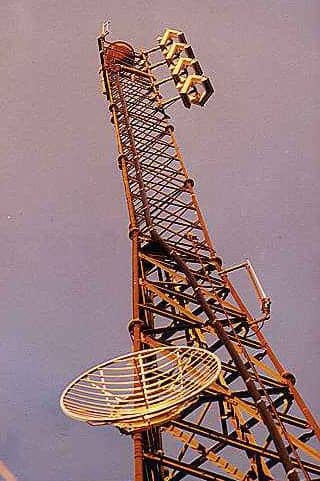
M.O.I. JR: How did Hurricane Sandy affect WBAI? How did it affect the network as a whole?
Don Debar: Although WBAI suffered service and studio access interruption as a result of Sandy, the role of this in the station’s much larger set of problems has been greatly exaggerated by management. For example, WBAI did not have to suddenly move last year as a consequence of Sandy. Rather, the term of the lease ended Dec. 31, 2012, Pacifica was many months in arrears – and this was a chronic problem for the entire time since the current management took over – and the landlord decided to kick them out.
The date of the lease’s end was known since it was first entered into in 1997; it was specified in the lease. The eviction crisis was a result of management failing to make provisions for new space until they were being evicted. Had Nia Bediako not made arrangements with CUNY (City University of New York) for the temporary space currently housing the station, WBAI would have been homeless. Again, this had nothing to do with Sandy and everything to do with gross mismanagement.
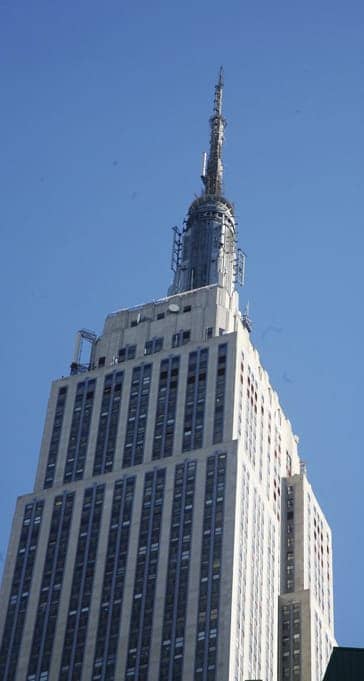
The notorious “three-day notice” that was waved around by Grace Aaron, Steve Brown and Mitchel Cohen is not notice of a pending eviction but, rather, that the rent is in arrears and unless arrangements are made in the three-day period to correct it, an eviction proceeding – which lasts several months in New York City – might be commenced.
M.O.I. JR: What is going on with Pacifica’s 501(c)(3) status? Is it illegal for Pacifica to be collecting funds for programming?
Don Debar: Pacifica’s corporate charter is based in California. It came to light earlier this year that Pacifica’s management had failed to file the required documents with the California authorities and, as a consequence, its corporate charter was suspended. As of March 19, 2013, the date of the most recent data posted at the California Secretary of State’s website, it remains suspended. Under California law, the corporation is no longer authorized to conduct business, appear in court to prosecute or defend litigation, or perform any other operations other than prepare and file the required documents for reinstatement.
Update: Pacifica is back on active status with the California Secretary of State as of March 22.
According to the IRS, when a 501(c)(3) entity has its charter suspended or revoked, its status as a 501(c)(3) entity is also suspended. In order to reinstate its status with IRS, the corporation has to be revived under the appropriate state process, and evidence of this, along with an official statement from the state authorities detailing the term of the suspension, must be filed with an application for reinstatement of 501(c)(3) status.
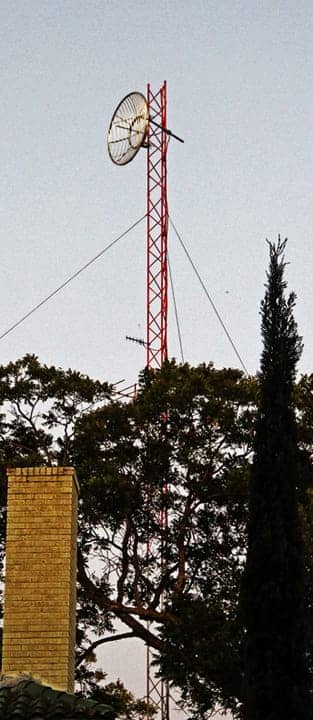
Again, this has yet to be accomplished as of March 19, 2013, and it is unclear how IRS will treat this.
M.O.I. JR: Why is Pacifica in court in New York?
Don Debar: Aside from being evicted from their offices and studios at 120 Wall St. earlier this year, WBAI is in the process of being evicted from the transmission tower on the Empire State Building. Here, too, there has been a chronic arrearage in rent, and the landlord decided they’d had enough and began eviction proceedings.
Without the tower, WBAI is off the air and at grave danger of losing its license to broadcast. Mimi Rosenberg, a Legal Aid attorney who produced the program Building Bridges, secured legal counsel – at no cost – to attempt to resolve the matter, after management had brought the station within days of eviction. The matter is pending.
M.O.I. JR: With what is happening with Pacifica as a whole, as well as the issues with WBAI, WPFW and KPFA, where do you see Pacifica in 10 years?
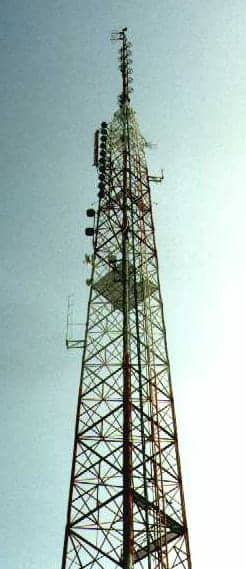
In fact, Pacifica even lost its name. While its charter was suspended, another corporation was formed in California using the name Pacifica Foundation Inc., resulting in Pacifica having to change its name to Pacifica Foundation Radio in order to proceed with its attempt to revive the corporation. Without good management, I do not think Pacifica will exist by the end of the year.
M.O.I. JR: How could people keep up with info dealing with Pacifica?
Don Debar: We are beginning to open a discussion on internet radio station Community Progressive Radio, which airs at www.CPRmetro.org, and invite producers and others interested in saving Pacifica to participate. Thus far, there are several former Pacifica producers who have regular programs on CPRmetro, including myself and Bernard White, the purged program director from WBAI, as well as several current Pacifica producers.
Since management has been keeping all of these problems secret until they reach the stage of crisis, we will have to inform ourselves and each other if Pacifica is to survive their mismanagement.
The People’s Minister of Information JR is associate editor of the Bay View, author of “Block Reportin’” and filmmaker of “Operation Small Axe” and “Block Reportin’ 101,” available, along with many more interviews, at www.blockreportradio.com. He also hosts two weekly shows on KPFA 94.1 FM and kpfa.org: The Morning Mix every Wednesday, 8-9 a.m., and The Block Report every other Friday night-Saturday morning, midnight-2 a.m. He can be reached at blockreportradio@gmail.com.





